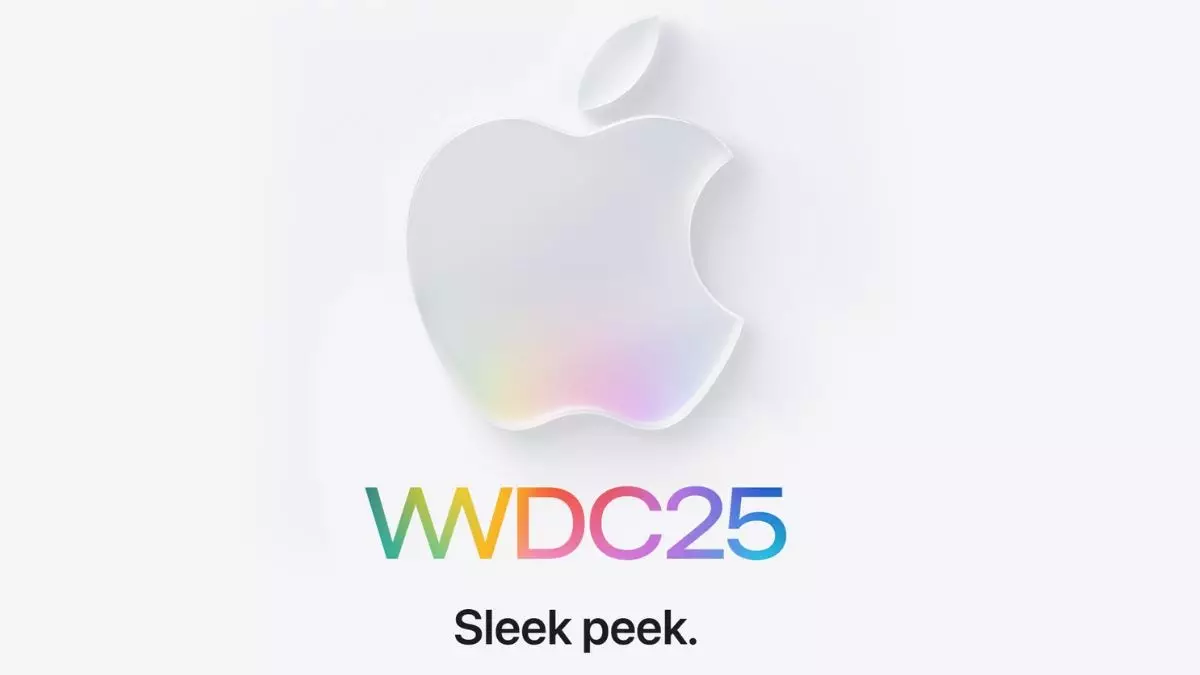As the world awaits the opening curtains of WWDC 2025 on June 9, the atmosphere is thick with expectation and skepticism alike. Apple, a titan of innovation, is once again preparing to dazzle a captivated audience. The event, lasting from June 9 to June 13 at Apple Park in Cupertino, promises a glimpse into the future of its operating systems, with Tim Cook taking center stage for the keynote. However, one must ask: are these advancements genuinely groundbreaking, or merely a cloud of glittering marketing smoke?
The AI Dilemma: Boasting or Delivering?
While Apple showcases its latest enhancements across platforms such as iOS, iPadOS, and visionOS, there’s a looming question that hangs in the air: can the company truly deliver on its ambitious “Apple Intelligence” initiative? Apple has promised to elevate user experience through improved artificial intelligence capabilities—a realm in which it has lagged behind competitors like Google and Microsoft. The spotlight on AI is crucial, especially as competitors race ahead, releasing AI-driven tools and applications that continue to reshape market dynamics. It’s hard to ignore the feeling that Apple is playing catch-up, rather than leading the charge.
Live Streaming and Global Reach: Who Will Tune In?
The decision to stream the event live across multiple platforms, including YouTube and Apple’s own channels, seems to indicate Apple’s desire to broaden its reach and maintain relevance in the fast-paced tech arena. While this move is commendable, it feels somewhat obligatory rather than revolutionary. The undercurrent here is tinged with apprehension; how many of those tuning in will genuinely be excited to see what’s being unveiled? Has Apple become a company riding on past glories, or can it still command the enthusiasm of the global developer community?
Technical Sessions or an Echo Chamber?
Within the framework of WWDC 2025 lies an intriguing contradiction—over 100 technical sessions hosted by Apple experts. While teams of eager developers may benefit from direct access to guidance on Apple’s frameworks and technologies, it raises another question: is this an authentic learning opportunity or merely an echo chamber for the reaffirmation of Apple’s existing narratives? The platform should act as fertile ground for generating innovative ideas, yet there’s a fear that it may instead reinforce traditional paradigms.
The Controversy of Recognition: Swift Student Challenge
Apple also aims to highlight the winners of this year’s Swift Student Challenge. This showcase of young talent is commendable, but it begs the question of inclusivity. Are the 50 recognized students a genuine representation of Apple’s commitment to fostering new talent, or are they merely tokens in a corporate PR strategy? The superficiality of accolades can often drown out the voices of the many who did not win, leaving some to wonder about the true values driving Apple’s educational initiatives.
As WWDC 2025 dawns, it’s impossible to ignore both the electric energy and the mounting critique surrounding the event. The hopes instilled in fans and developers alike must be backed by substantial, authentic advancements that propel Apple into a new era. Otherwise, the company’s grand narratives may crumble under the weight of consumer expectations and competitive realities.


Leave a Reply